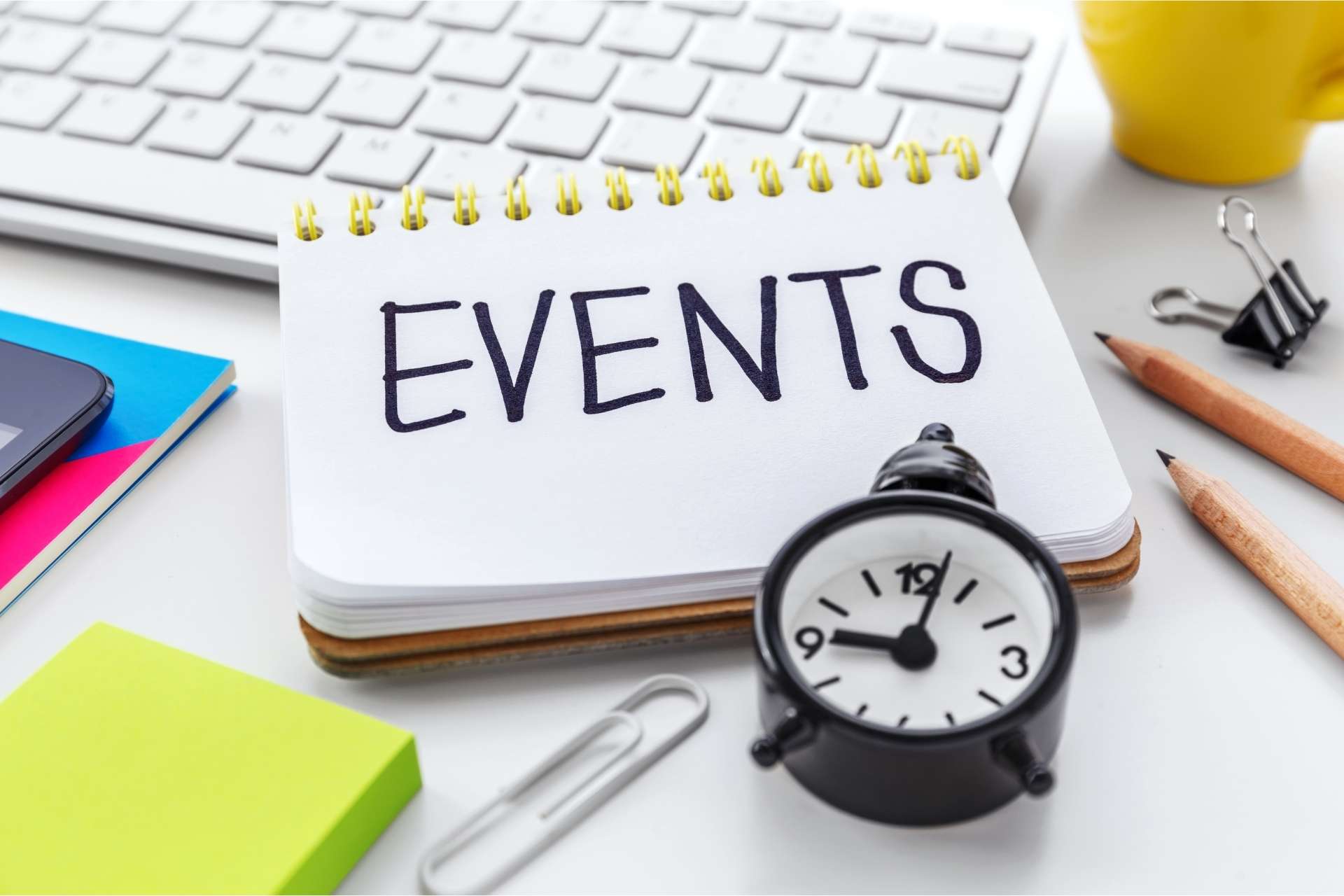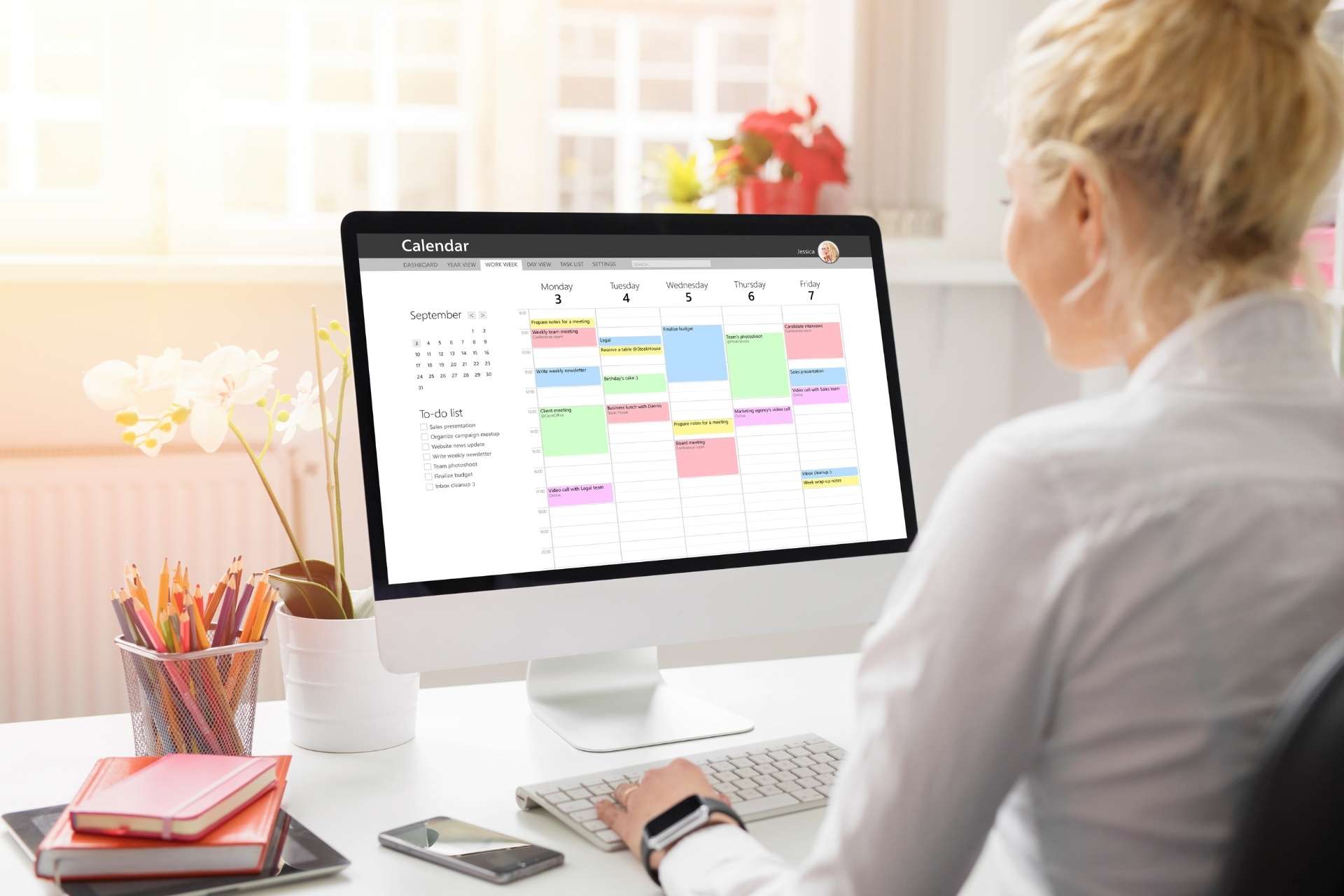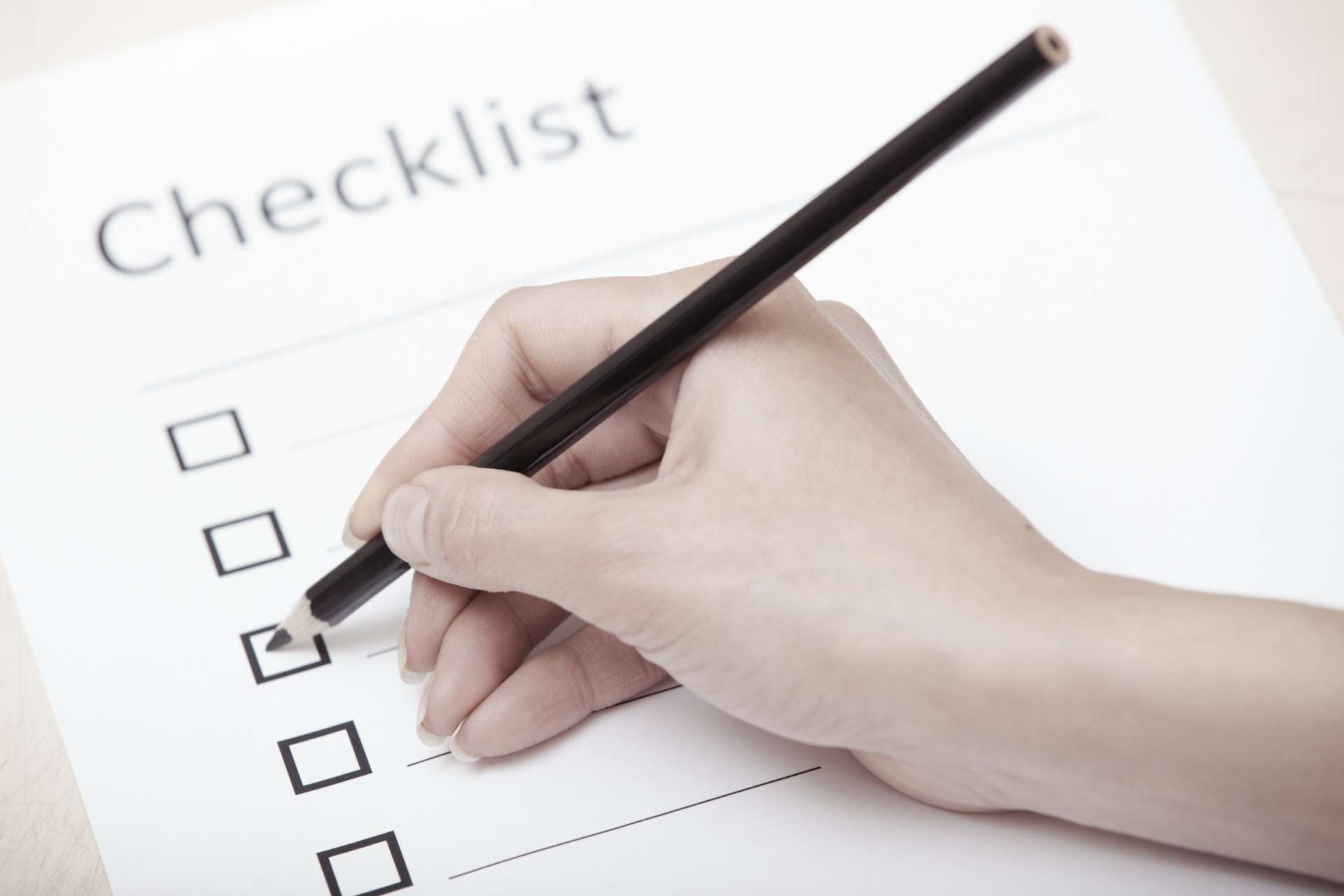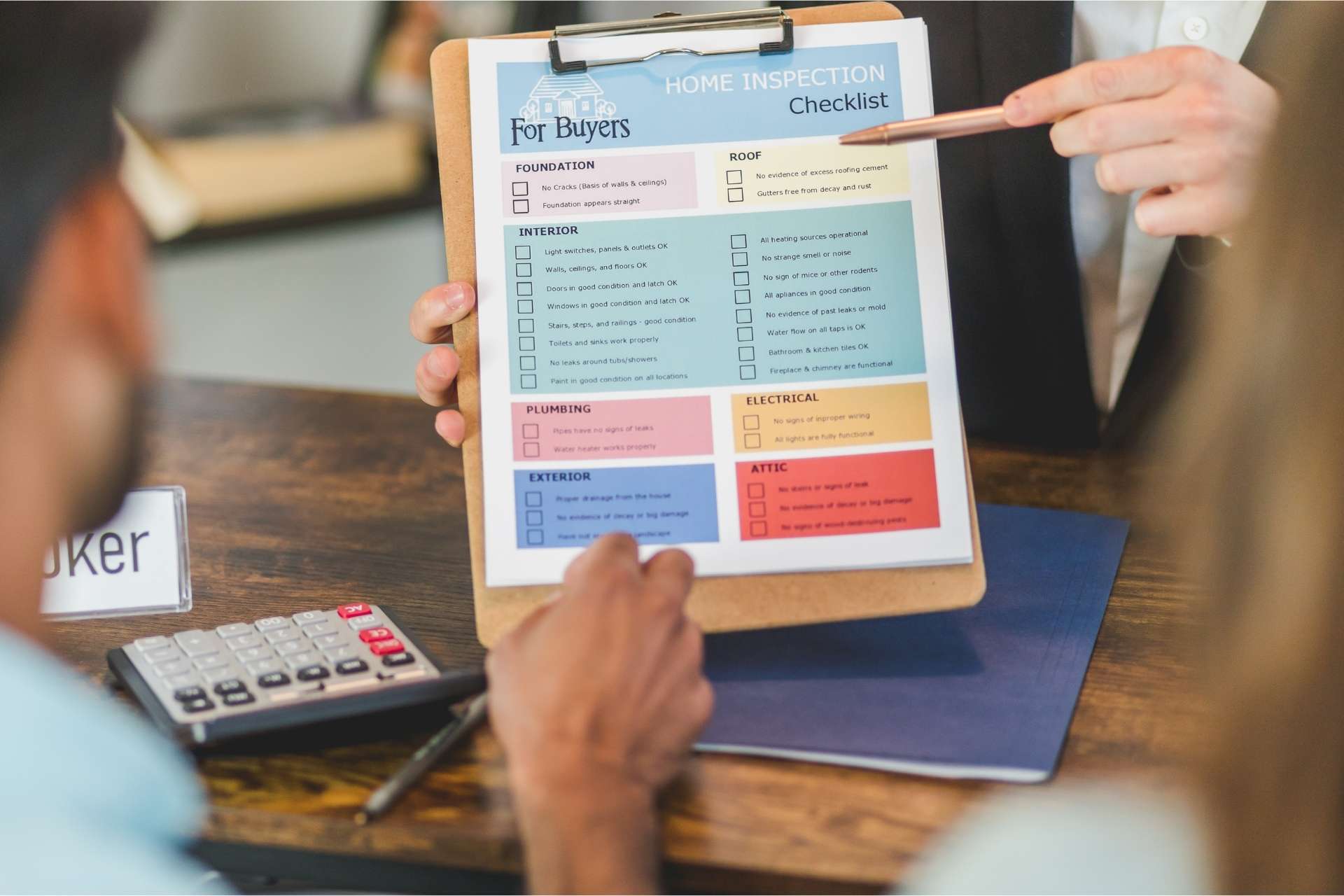Planning a business event might seem daunting but with the right structure, it becomes entirely manageable. Whether you’re hosting a corporate seminar, a networking reception, or a product launch, the key to success lies in anticipating every step. That’s why having a clear, actionable event planning checklist is essential.
From defining your goals to managing post-event communications, each phase contributes to the overall impact. A solid checklist helps you stay on schedule, reduce last-minute pressure, and create a smooth experience for both your team and your guests.
In this comprehensive guide, we’ll take you through the ultimate business event planning checklist — step by step. And if you’re looking for expert support to bring your event to life, don’t hesitate to check out ACE Events, specialists in seamless business event execution un Brussels, Belgium. Whether you’re new to event planning or refining your current process, this checklist will give you the clarity and confidence to deliver a standout event.

Set Clear Objectives and Define Your Event’s Purpose
Every event starts with a clear intention. Defining your goals early will guide every decision you make, from the format to the speakers.
Clarify what success looks like
Before choosing a venue or designing a program, you need to know what you’re aiming to achieve. Is it to generate leads, strengthen team cohesion, promote a new product, or offer training? The clearer your purpose, the easier it will be to align all other aspects of the event to serve it.
This clarity will also help you measure success once the event is over. Whether you’re tracking attendance, engagement, or post-event surveys, your objectives will serve as benchmarks to evaluate performance. It’s your guiding star from day one to the final feedback report.
Types of business events and how goals vary
Not all business events are created equal. A seminar won’t have the same goals as a product launch or a networking cocktail.
- Internal events: boost collaboration and team morale
- Client-facing events: build trust and showcase your brand
- Lead generation events: grow your business opportunities
- Educational formats: strengthen expertise and credibility
Understanding the nature of your event helps you tailor the planning process accordingly and avoid misalignment along the way.

Establish Your Event Budget
Your budget is more than just numbers it’s the foundation that shapes your entire event. A well-structured budget helps you prioritize, avoid surprises, and make smart trade-offs from the start.
Why budgeting early saves time and stress
Setting your budget at the beginning gives you visibility and control. It prevents overcommitting to a venue or vendor that might eat up your resources too soon. Start by identifying your must-haves — such as venue, catering, tech and estimate the realistic cost range for each.
By keeping a margin for unexpected expenses (at least 10% of the total), you avoid last-minute stress. With a clear financial framework, you can focus on quality choices and negotiate with vendors more confidently.
Budgeting categories to consider
Not every event needs a massive spend, but every event needs structure. Break your budget into clear categories to track spending more effectively.
- Venue and logistics (location, setup, insurance)
- Food and beverage (catering, staff, special diets)
- Technical setup (AV, Wi-Fi, live streaming)
- Speakers and animation (fees, travel, accommodation)
- Promotion and communication (design, ads, printing)
- Gifts or materials (goodies, printed docs, signage)
Mapping out these categories helps you decide where to invest more — and where you can scale down if needed.

Choose the Right Date and Venue
The success of your event often depends on the when and the where. Choosing the right date and venue early on gives you a solid foundation for everything else.
Timing is everything
Selecting a date might seem simple, but it impacts attendance, costs, and logistics. Consider avoiding peak vacation periods, major holidays, or local events that could create conflicts. Also, check availability with key stakeholders (speakers, sponsors, leadership) before locking in a date.
Once a few options are identified, compare them in terms of budget and convenience for your target audience. Mid-week dates are often more affordable for corporate venues, and morning or early afternoon slots usually yield better engagement.
Venue checklist to simplify your decision
Not all venues are created equal — your choice should align with your event’s goals, size, and format. Use this simple checklist to guide your selection:
- Capacity: Can it comfortably accommodate your guests and setup needs?
- Accessibility: Is it easy to reach for all participants, including those with disabilities?
- Technology: Are Wi-Fi, sound system, screens, and streaming options available?
- Catering: Does it offer in-house services or allow external vendors?
- Ambiance: Does it reflect the tone you want for the event?
A venue that ticks most of these boxes will simplify your planning and contribute to a smooth attendee experience.

Build a Detailed Timeline
A clear and realistic timeline is the backbone of any well-executed business event. It keeps your team aligned and ensures every task is completed on time without last-minute stress.
Plan backward from the event date
Start with your confirmed event date and work backward to set key milestones. Determine when each major element venue booking, vendor confirmations, communication, rehearsals needs to be finalized. This helps you visualize the lead time required and anticipate bottlenecks.
Make sure your timeline includes internal deadlines, especially for reviews, approvals, and payments. Even if things seem far off, many tasks (like speaker confirmations or print materials) need weeks of preparation.
Timeline essentials for smooth planning
To help structure your calendar, here are some typical checkpoints to include:
- 3 months before: confirm venue, speakers, and event objectives
- 6–8 weeks before: launch invitations and marketing campaigns
- 4 weeks before: finalize suppliers, catering, and tech needs
- 2 weeks before: confirm attendees and send event reminders
- 1 week before: test all technical setups and brief the team
- Day before: do a full run-through with staff or key stakeholders
This framework can be adjusted depending on the scale of your event, but it provides a strong base for proactive planning.

Assemble Your Event Team
No matter the size of your business event, success depends on the people behind it. Assembling the right team ensures each task is owned, deadlines are met, et nothing falls through the cracks.
Define clear roles and responsibilities
Start by identifying the key areas of responsibility: logistics, registration, communication, vendor management, and technical support. Each role should have a single point of contact to avoid duplication or oversights.
A good initial brief ensures everyone understands their responsibilities, expectations, and deadlines.
Even in a small team, effective delegation enhances project flow. It also allows each member to contribute their added value without being overburdened.
Key roles to assign in your team
Here are some of the essential roles to cover, even in small business events:
- Project lead – oversees the entire event and coordinates the team
- Logistics manager – handles venue, suppliers, equipment, catering
- Communications lead – manages emails, invitations, signage
- Tech coordinator – in charge of audiovisual, live streaming, Wi-Fi
- Guest manager – responsible for RSVP, check-in, and guest experience
You can combine roles if needed, but assigning ownership from the start prevents confusion as the event approaches. Depending on where you hold your event, the venue might fill in these roles for you!

Choose the Right Venue and Vendors
The venue and vendors you choose can make or break your business event. They set the tone, impact the logistics, and contribute directly to the attendee experience.
Factors to consider when selecting a venue
Look for a location that aligns with your event’s purpose and audience. Is it easy to access by public transport ? Does it offer the space and layout needed for your activities ? Check for essential amenities like parking, Wi-Fi, and accessibility.
Visit the venue in person when possible, and visualize each moment of your event from setup to speaker sessions to anticipate potential issues.
What to look for in trusted vendors
A great vendor does more than deliver a service — they anticipate needs, communicate clearly, and stay flexible.
Here are some key points to check before signing:
- Experience with business events
- Responsiveness and professionalism
- Transparent pricing and clear contracts
- Backup plans or contingency measures
- Positive reviews or recommendations
Working with reliable partners reduces your stress and helps the event run smoothly from start to finish.

Prepare for the Day of the Event
The final hours before your event are crucial. This is when your planning turns into action and attention to detail makes all the difference.
Conduct a Final Walkthrough
Visit the venue at least 24 hours in advance, if possible. Check the layout, signage, stage setup, and equipment to ensure everything aligns with your vision.
Walk through the agenda step by step, imagining how attendees will move through the space. Test all technical elements—projectors, microphones, lighting—and double-check power sources to prevent disruptions.
Brief Your Team
Gather your team for a short pre-event briefing. Share last-minute updates, clarify roles, and make sure everyone knows who to contact if problems arise.
Your team should be aligned on arrival times, dress code, key messages, and tone. A confident team on the floor boosts professionalism and allows you to stay focused on higher-level coordination.
Essential Supplies Checklist
Don’t rely solely on vendors or the venue. Prepare your own kit with emergency items and tools you might need.
- Extra pens and badges
- Power strips and chargers
- Gaffer tape and scissors
- Printed schedules and contact lists
- Bottled water and snacks
- First aid basics

Follow-Up After the Event
A successful business event doesn’t end when guests leave. The follow-up is where relationships deepen and results are measured.
Collect Feedback
Reach out to attendees within 48 hours. Send a short survey by email or use a feedback tool to learn what worked and what could be improved.
This data is gold for your next event. Positive comments are great testimonials, and critical feedback helps you fine-tune your future planning and attendee experience.
Review Results and ROI
Take time to evaluate the event against your original objectives. Did you generate leads? Did you raise brand awareness or strengthen partnerships?
Review your budget, analyze metrics from registration tools or social media, and meet with your team to debrief. This step helps turn insights into actions for the next planning cycle.
Strengthen Post-Event Engagement
Don’t let the connection fade. Share highlights and key takeaways on LinkedIn or via a thank-you email to participants.
Include links to event photos or recordings, tag key people, and offer ways to stay in touch. This small step helps build long-term value from your event and positions you for future success.

Planning a business event may seem overwhelming at first, but with the right structure, it quickly becomes a manageable — even rewarding — process. By following this event planning checklist step by step, from defining your objectives to managing post-event follow-up, you ensure nothing falls through the cracks and that every guest leaves with a great experience.
Whether you’re organizing a product launch, an internal seminar, or a large-scale conference, a clear and structured approach is your best ally for staying in control. And if your event involves booking a venue, make sure to consult this essential conference room checklist to avoid common pitfalls and ensure every detail is covered. Because in the end, every business event is not just about logistics — it’s an opportunity to grow, connect, and leave a lasting impression.
FAQ – Event Planning Checklist
Why is an event planning checklist important?
An event planning checklist keeps your process structured and helps prevent oversights. It ensures that every step — from booking the venue to post-event follow-up — is tracked and executed on time, reducing stress and boosting event success.
How early should I start planning a business event?
Ideally, start 3 to 6 months in advance, depending on the event type and size. This timeline gives you more flexibility with venue selection, time to secure the best vendors for corporate events, and enough lead time for effective event promotion and budget planning.
What’s the biggest mistake to avoid in business event planning?
One major pitfall is neglecting day-of preparation. Skipping a final walkthrough, failing to brief your team, or overlooking event logistics planning can lead to last-minute issues. Avoid chaos by preparing event checklists well ahead.
Should I hire an event planner or manage it in-house?
It depends on your resources and the complexity of the event. Small teams can handle things internally using a solid event planning guide. However, for large or high-stakes corporate events, a professional event organizer can help ensure smooth event execution.
How can I measure the success of my event?
Success can be tracked using metrics tied to your goals number of attendees, new business leads, brand visibility, social media engagement, and post-event feedback surveys. Conducting a proper event debrief helps you optimize future events and demonstrate event ROI.

